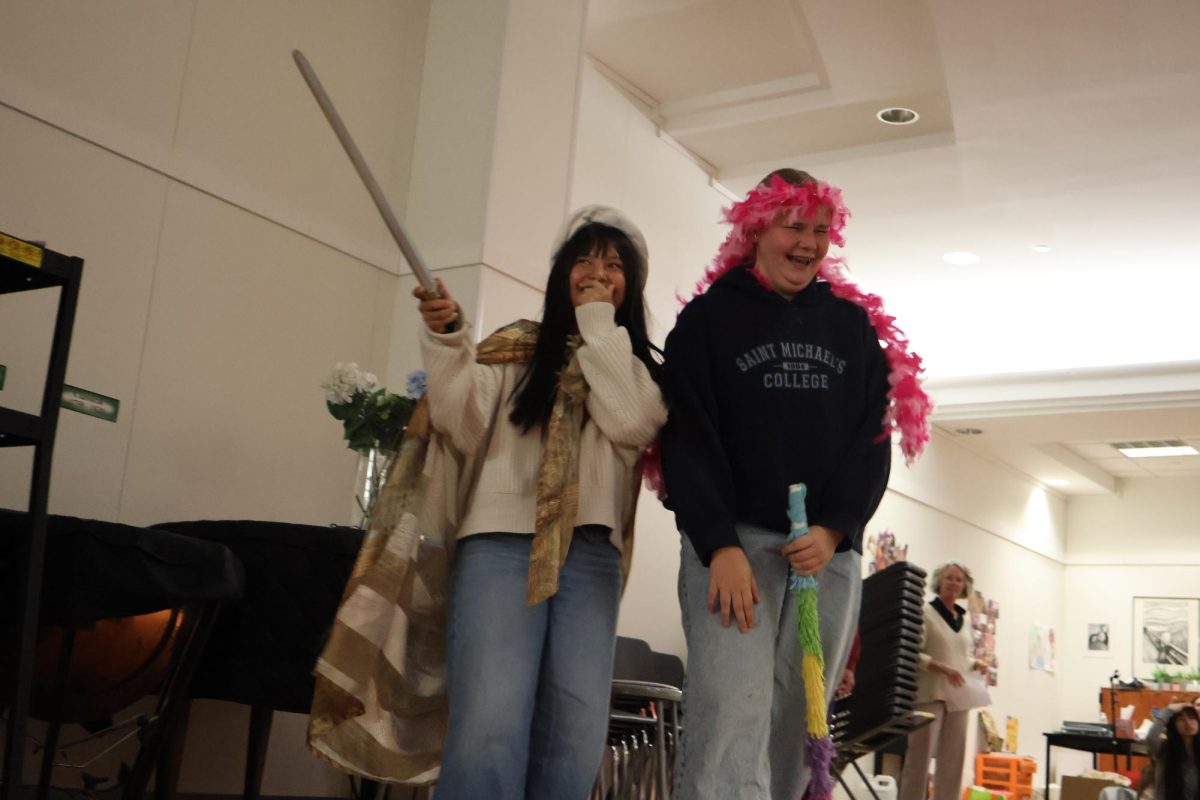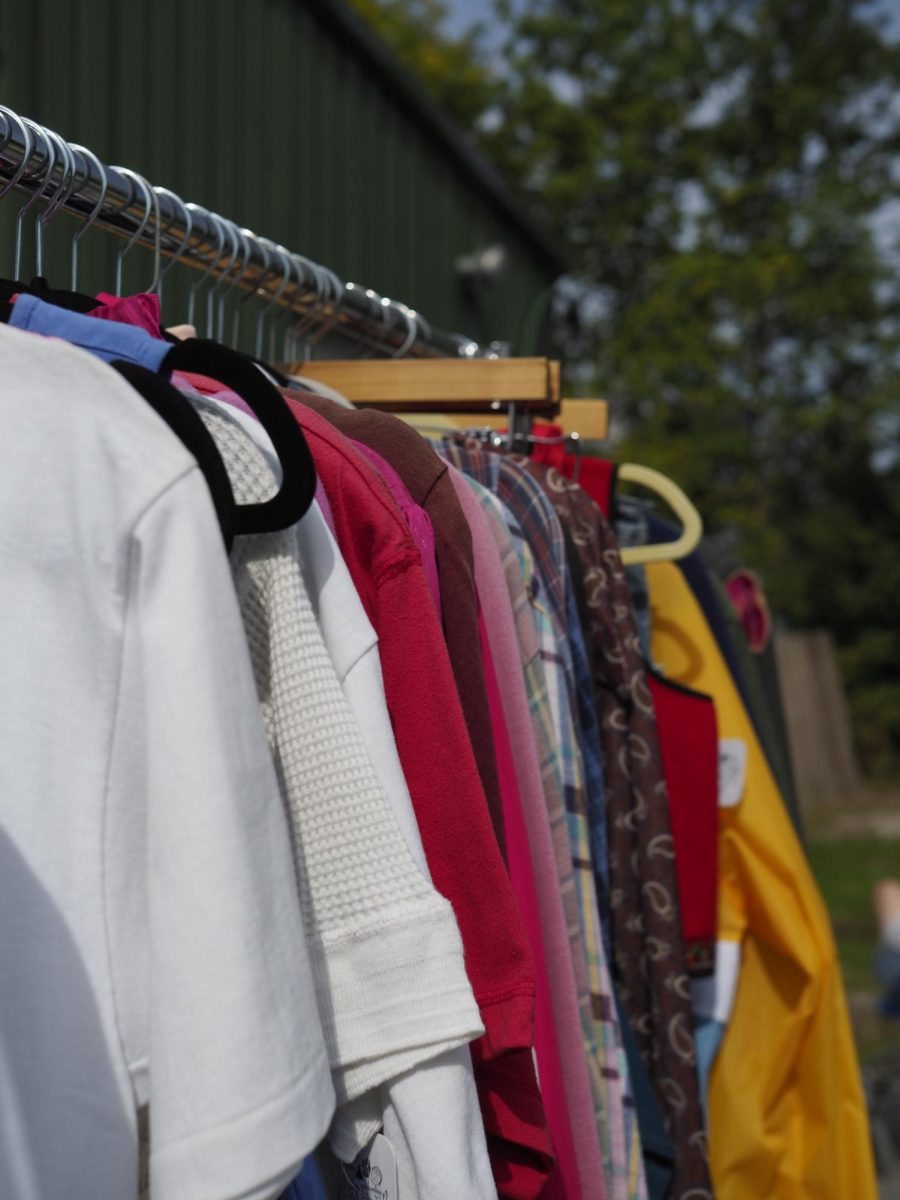I work at my bedroom desk, multiple textbooks open, phone in hand. My focus shifts continuously between the material I’m memorizing and the familiar stream of Snapchat notifications that inevitably invade my every weeknight study session. I wait for several messages to collect in my inbox before I open them, one directly after another. I flip through the distraught faces of my classmates, each message captioned with variations of “LOOK AT ME. I AM STRESSED”; “Hit for this exam”; “Lol just got home and haven’t even started studying”; and “Guess who’s setting an alarm for 4 AM to cram?” I respond with a bleary-eyed image of my face, advertising my own stress-load of the night. “Omg, you don’t even UNDERSTAND. I have FIVE tests tomorrow, AND an essay, AND an entire newspaper article due, AND I still have to apply for college. If anyone’s bugging, it’s ME.” I complete my
message with a collection of agitated-looking emojis and hit send, thoughtlessly projecting my academic anxiety to the homework-laden desks of my already overwrought peers.
Stress is a seemingly inescapable constant in academic culture. From my experience at BHS, the notion of stress itself appears to be one of the most common school-related stressors for students. High schoolers, myself included, advertise stress as an unhealthy mechanism to relate with, seek validation from, and even compete with our peers. We subconsciously nurture a relentless cycle of “who is the most stressed out?” Who has more procrastinated assignments to make up? Whose upcoming test has the biggest impact on their semester grade? Who stayed up so late grinding for their math quiz that they didn’t have time to even attempt any other homework?”
Although we seldom explicitly recognize this competitive mindset, the prospect of bearing the most stress carries a twisted, unspoken allure. Stress is too-often analogous with success. We oggle empathetically at and simultaneously strive to be the person who’s taking on the most: the person who’s juggling the most AP classes with the most varsity sports while attempting to work six nights a week and prepare for the SAT’s. We glamorize stress and we need to stop. As young people, we need to learn how to build authentic relationships. Meaningful relationships cannot be created on a foundation of repetitive, self-centered conversation.
It is imperative to our social health that we stop chasing validation for the challenges we choose to take on. At BHS, most of us have established bragging as a social faux paus. It is widely deemed unacceptable for one to march around the library crowing about how well they are doing in all of their advanced classes, about how prepared they are for that day’s Calculus test, or about their confidence in placing at the upcoming state track meet. However, it is not uncommon for a to student slink in, collapse into an empty chair, and rattle off a seemingly endless list of their most pressing stressors. More often than not, the students around them will chime in, advertising their own anxieties. From the outside, these students appear to be inarguably connecting.
And they are; however, are students actually looking outside of themselves enough to truly relate to one another? What do we really know about each other if all we talk about is personal stress?
It is my hope that BHS students will break down the barriers of stress culture through thoughtful interactions with our peers. It is my hope that, when asked how we are doing, we will become comfortable replying with “I’m doing great!”, as opposed to feeling obligated to validate ourselves through our stress. If we eradicate this need for validation, than it is likely that we will eradicate much of the anxiety that would fester in our stress-ridden conversations with classmates. By recognizing and combating the glamorization of stress, our emotional and social environments will benefit dramatically. We will be free to focus on achieving the things that drive our proclaimed anxieties and on building stimulating, positive, and engaged relationships with others.









Kat • Jan 27, 2018 at 12:25 pm
Thank you for exploring this! Stress has become a lifestyle for students, and in many ways an addiction.